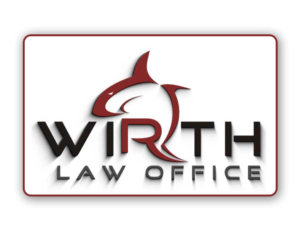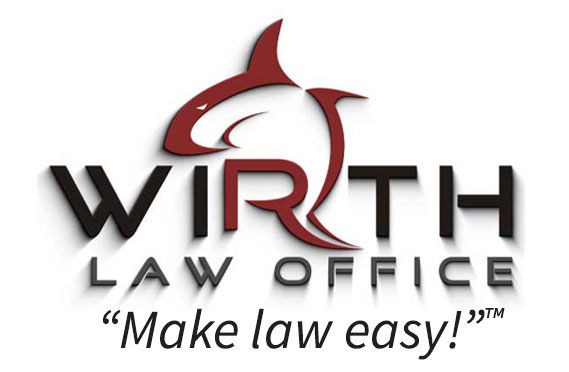Evidence Is Used to Prove or Disprove Unresolved Issues in Court
Video Transcribed: I am Stuart Ericson, I am an attorney in Wagoner. What is evidence? And how does that work in a case, criminal or civil? Evidence is in Title 12 of the Oklahoma statutes, which are the law books. And just some of the highlights of evidence, of course, are relevant. Evidence has to be relevant. So in a criminal case, either side can’t just bring in whatever testimony they want or photographs they want. They have to be relevant.
 The definition is, that evidence has any tendency to make the existence of any fact or consequence more probable or less probable than it would be without that evidence.
The definition is, that evidence has any tendency to make the existence of any fact or consequence more probable or less probable than it would be without that evidence.
So again, evidence has to be relevant, like eyewitness testimony of a crime scene, or photographs of a crime scene would obviously be relevant to determining what happened at that crime scene. So usually eyewitness testimony or photographic evidence, that’s going to be relevant testimony. And irrelevant evidence or testimony is inadmissible. The judge or the court won’t allow it.
Now, of course, sometimes that information can get in if the other attorney doesn’t object. But that’s part of the attorney’s job is to have a free and fair trial, and object to evidence that’s not relevant. So that’s when you hear objections.
And attorneys sometimes will stand up and say, “Objection, relevance.” And then the judge will decide, “Huh? Is that evidence relevant or not?” And if it’s not relevant, it will not be admissible. And the witness who is about to testify to something will not say it. It will not come in. And the case will move on without that evidence.
Hearsay is another big evidence or trial matter. And hearsay is basically a statement made by someone else about an event that another person tries to bring into court. So if I’m a witness in court and say, “Hey, I talked to Joe Smith. Joe Smith said he was there and he saw Jim punch Steve in the face.” That’s hearsay because I’m saying what somebody else said.
That person who was the actual eyewitness, they have to come into court to testify, and they have to say what they saw under oath. Anything else would be hearsay and that is not admissible. And you’ll see attorneys, all day long, stand up and say, “Objection, hearsay.” Because many witnesses will, will start to try to say what other people have told them. And that is simply irrelevant.
And that gets me into a question that a lot of people ask about witnesses in affidavits. Because sometimes witnesses can’t come to court. Don’t want to come to court, but they’ll write a statement, an affidavit, a sworn statement. And they’ll just say, “Hey, just, just give this to the judge, give this to the jury.” And that doesn’t work. That’d be hearsay because it’s a statement out of court, that’s trying to come into court without that person testifying to it.
And of course in criminal and civil cases those witnesses have to be cross-examined. It can’t just be a one-sided statement with them and not there in the courtroom. That would be hearsay, inadmissible, and not going to get in. So getting somebody to sign an affidavit is not going to cut it for most cases.
They’re witnesses, they would have to come into court, raise their right hand, and testify in court. So that’s basically some of the main, main issues that come up a lot with evidence and questions that people have about their hearings or their trials, and what can come into the trial and what can’t come in. If you need my help, reach out to wagonerlawyer.com and ask for Stuart Ericson, I am the Wagoner Criminal Defense Attorney.







